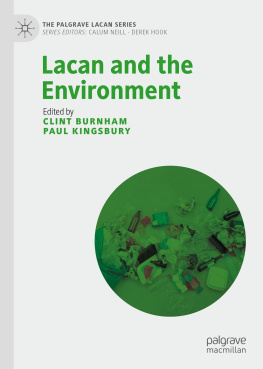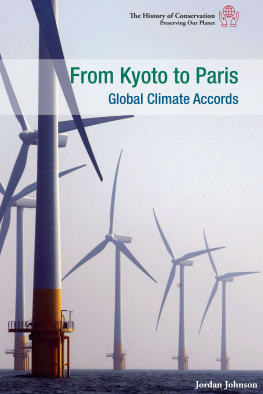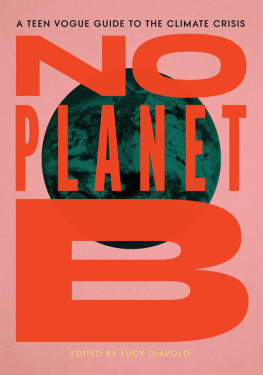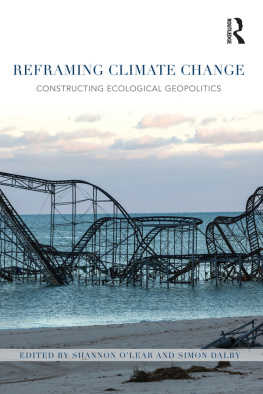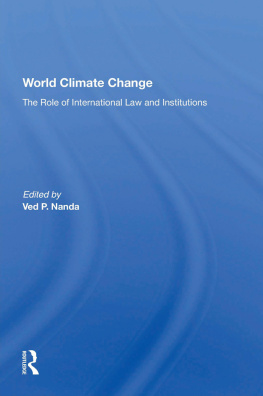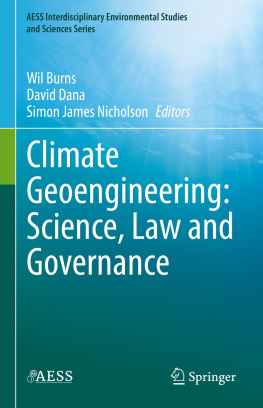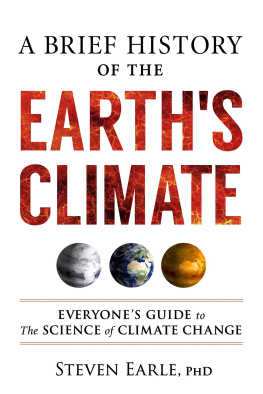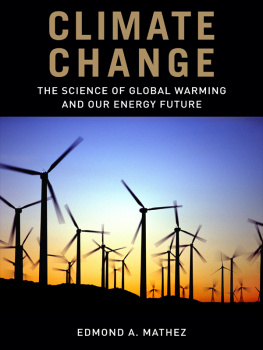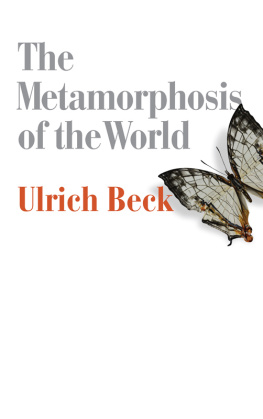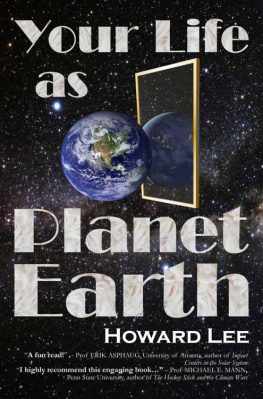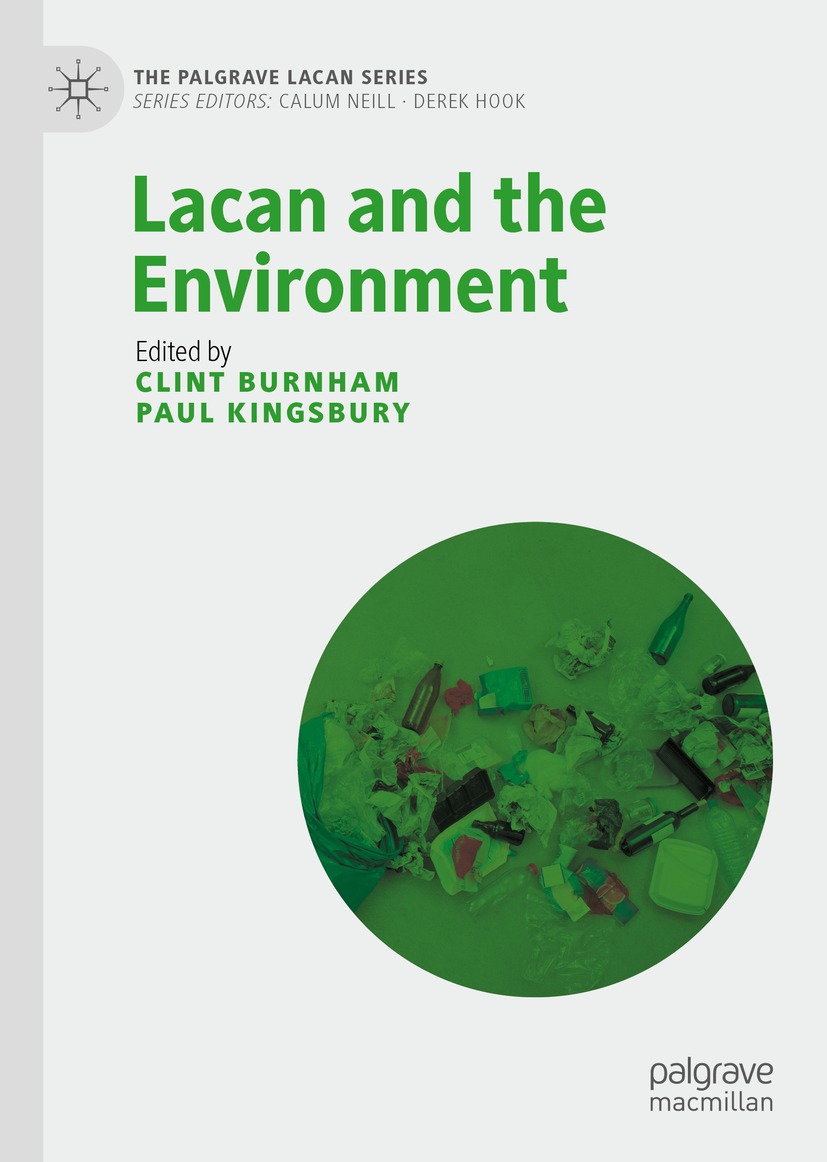The Palgrave Lacan Series
Series Editors
Calum Neill
Edinburgh Napier University, Edinburgh, UK
Derek Hook
Duquesne University, Pittsburgh, USA
Jacques Lacan is one of the most important and influential thinkers of the 20th century. The reach of this influence continues to grow as we settle into the 21st century, the resonance of Lacans thought arguably only beginning now to be properly felt, both in terms of its application to clinical matters and in its application to a range of human activities and interests. The Palgrave Lacan Series is a book series for the best new writing in the Lacanian field, giving voice to the leading writers of a new generation of Lacanian thought. The series will comprise original monographs and thematic, multi-authored collections. The books in the series will explore aspects of Lacans theory from new perspectives and with original insights. There will be books focused on particular areas of or issues in clinical work. There will be books focused on applying Lacanian theory to areas and issues beyond the clinic, to matters of society, politics, the arts and culture. Each book, whatever its particular concern, will work to expand our understanding of Lacans theory and its value in the 21st century.
More information about this series at http://www.palgrave.com/gp/series/15116
Editors
Clint Burnham and Paul Kingsbury
Lacan and the Environment
1st ed. 2021

Logo of the publisher
Editors
Clint Burnham
English Department, Simon Fraser University, Vancouver, BC, Canada
Paul Kingsbury
Faculty of Environment, Simon Fraser University, Burnaby, BC, Canada
The Palgrave Lacan Series
ISBN 978-3-030-67204-1 e-ISBN 978-3-030-67205-8
https://doi.org/10.1007/978-3-030-67205-8
The Editor(s) (if applicable) and The Author(s), under exclusive license to Springer Nature Switzerland AG 2021
This work is subject to copyright. All rights are solely and exclusively licensed by the Publisher, whether the whole or part of the material is concerned, specifically the rights of translation, reprinting, reuse of illustrations, recitation, broadcasting, reproduction on microfilms or in any other physical way, and transmission or information storage and retrieval, electronic adaptation, computer software, or by similar or dissimilar methodology now known or hereafter developed.
The use of general descriptive names, registered names, trademarks, service marks, etc. in this publication does not imply, even in the absence of a specific statement, that such names are exempt from the relevant protective laws and regulations and therefore free for general use.
The publisher, the authors and the editors are safe to assume that the advice and information in this book are believed to be true and accurate at the date of publication. Neither the publisher nor the authors or the editors give a warranty, expressed or implied, with respect to the material contained herein or for any errors or omissions that may have been made. The publisher remains neutral with regard to jurisdictional claims in published maps and institutional affiliations.
Cover illustration: Westend61/gettyimages
This Palgrave Macmillan imprint is published by the registered company Springer Nature Switzerland AG
The registered company address is: Gewerbestrasse 11, 6330 Cham, Switzerland
Acknowledgments
This book is largely the result of LaConference 2018Lacan and the Environmentwhich was organized by the Lacan Salon and held at the Western Front in Vancouver, British Columbia, on the unceded, traditional territories of the Coast Salish Peoples, including the Squamish (Swxw7mesh xwumixw), Tsleil-Waututh (slilwta) and Musqueam (xmkym) Nations. We are extremely grateful to the Department of English, the Department of Geography, Faculty of Environment, the Faculty of Arts and Social Sciences, the Faculty of Communication, Art and Technology at Simon Fraser University. Thank you as well to Derek Hook and Calum Neill for their support for this project, to Beth Farrow and Joanna ONeil at Palgrave for shepherding the manuscript, to Sam Brawand for editorial assistance, and to Alois Sieben for the indexing. Thank you, finally, to our colleagues in the Lacan Salon, which has been an unsettled and jouissance-ridden space for psychoanalytic thinking in Vancouver since 2007.
Praise for Lacan and the Environment
Lacan and the Environment is todays version of what Hegel called infinite judgment, the assertion of the link between two dimensions which appear totally different. This outstanding volume throws a new light not only on Lacan but also on environmental issues: we cannot really understand ecology without taking into account all the fantasies that overdetermine our approach to this topic.
Slavoj iek, Department of Philosophy, University of Ljubljana and International Director of the Birkbeck Institute for the Humanities of the University of London, UK
The defining crisis of our time is ecocide. Upending conventional distinctions between exterior and interior, psychoanalysis proves an unexpectedly rich resource for thinking and acting against destruction, displacement, and extinction. These smart, urgent essays consider a broad range of cultural contexts, illustrate the centrality of fantasy, desire, and symbolization to ecological transformation, and should inspire and terrify readers of many stripes.
Anna Kornbluh, Department of English, University of Illinois, Chicago, USA
This brilliant edited volume not only reveals the environment to be an enduring theme in Lacans oeuvre, but also rethinks and reworks Lacan environmentally, showing nature to be a site of both play and anxiety, interiority and radical externality, pleasure and pollution. Our study of the environment will never be the same.
Ilan Kapoor, Faculty of Urban and Environmental Change, York University, Toronto, Canada
Contents
Clint Burnham and Paul Kingsbury
Part ILacanian Theory
Cindy Zeiher
Alois Sieben
Alma Krilic
Clint Burnham
Part IIOur Knowledge on Climate Change
Sasha J. Langford
Juan Luis de la Mora
Calum Matheson
Part IIILack of Knowledge
Alessandra Capperdoni
Hilda Fernandez-Alvarez
Miguel Rivera
Part IVEnd of the World
Nathan Gorelick
Matthew Flisfeder
Tams Nagypl
Todd McGowan
Clint Burnham and Paul Kingsbury
List of Figures
Notes on Contributors
Clint Burnham
is Professor of English and chair of the graduate program (English) at Simon Fraser University, Vancouver, Canada, and president of the Lacan Salon. His recent books include Does the Internet have an Unconscious? Slavoj iek and Digital Culture (Bloomsbury, 2018) and Fredric Jameson and The Wolf of Wall Street (Bloomsbury, 2016).
Alessandra Capperdoni
is lecturer in the Department of Humanities at Simon Fraser University, Canada, where she teaches literature, philosophy and critical thought, and animal studies. Her research explores desire, affect, trauma, and social imaginaries in three interrelated areas: the processual forms of language-oriented poetics and translation practices through the lens of the theories of the unconscious of Freud and Lacan, Marxist-inflected philosophies of language, poststructuralism and feminist theory; the work of literature and art in relation to violence and trauma; cultural work as phenomenological orientation toward the environment and other-than-human animals, engendering the possibility of social links with different worlds.

